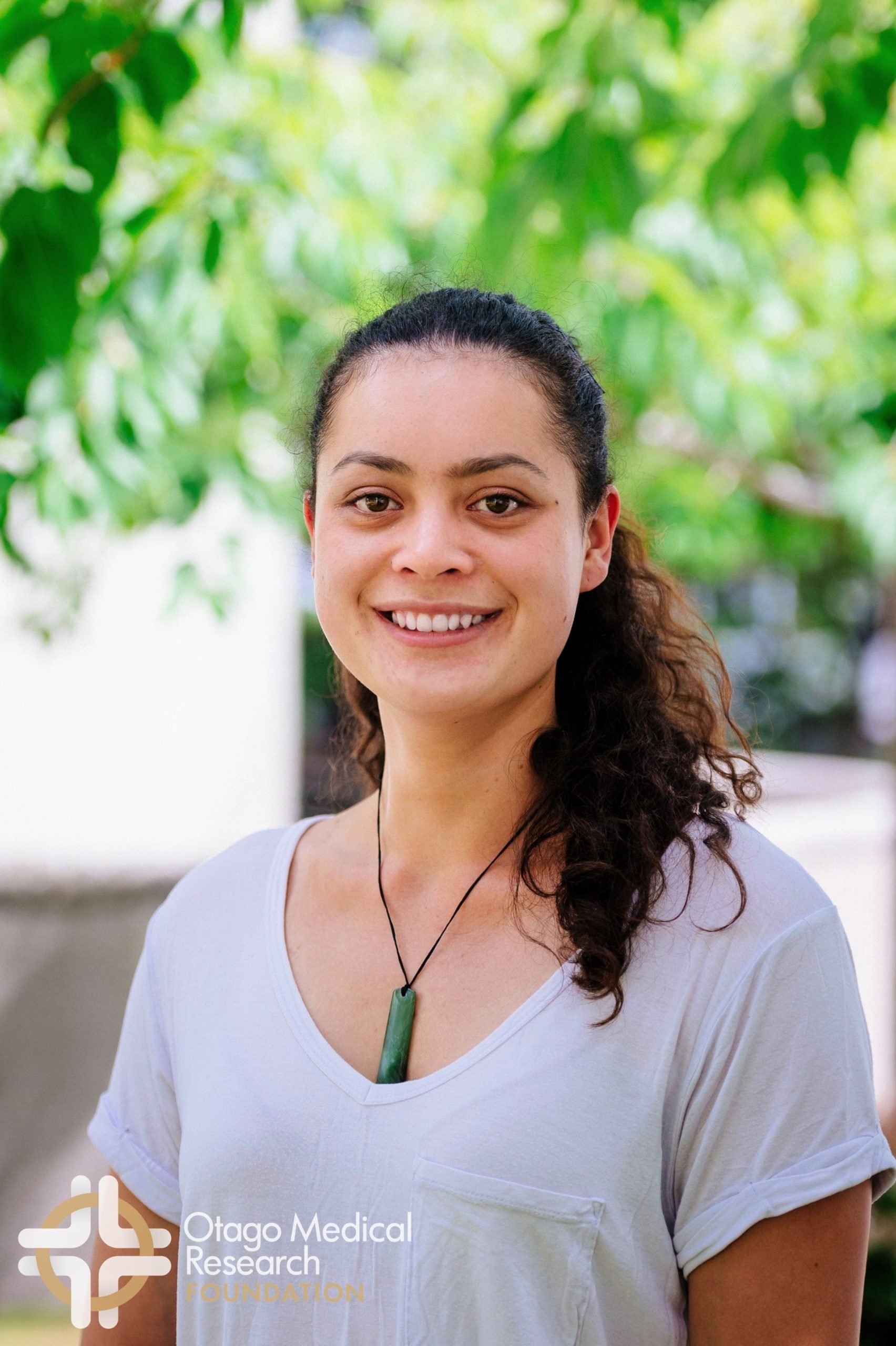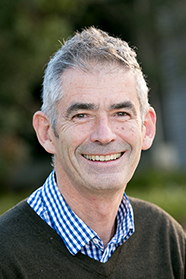PhD to enhance Healthier Lives cancer research
23 November 2020
Jordon Lima (Ngāti Porou) is joining the Healthier Lives circulating tumour DNA (ctDNA) project team to investigate the equitable application of ctDNA to the New Zealand population.
She has been awarded a three year Health Research Council (HRC) Māori Health Scholarship that will fund her PhD research at the University of Otago, co-supervised by Professor Parry Guilford and Associate Professor Karyn Paringatai.

What is ctDNA?
Circulating tumour DNA (ctDNA) is DNA released by a tumour into the bloodstream and represents a new class of blood marker for cancer detection. Potentially, ctDNA could change how cancer is diagnosed and how patients are monitored during and after treatment.
“Before ctDNA can be integrated into the New Zealand healthcare system, we need to robustly test its usefulness in the clinic, and also determine the best way to apply it for reducing health inequities, particularly amongst Māori and rural communities,” says Professor Parry Guilford.
Co-design and integration

For her PhD research, Jordon will analyse ctDNA testing for surveillance of stage 2-3 colorectal cancer patients on the West Coast of the South Island. There, she will work with Māori health providers who will co-design this study, adding personalised ctDNA testing to patients’ post-treatment surveillance plans for approximately 1-2 years.
Like many of Healthier Lives research projects, co-designing the research with a Māori community is crucial for success.
“We hope through this research to identify any ethical issues and optimise the benefits of this novel technology for Māori and rural communities,” says Jordon.
“It will also ensure that tikanga is retained in future ctDNA use,” she says.
Improving Māori health
Jordon has also been awarded an HRC summer studentship to investigate genetic links between height and gout in Māori and Pacific people. She’ll undertake this work before she starts her PhD.
“I have witnessed family members and friends suffer from these diseases with little to no understanding of the underlying processes that left them susceptible,” says Jordon.
“I have watched them struggle with the stigma of living with such diseases, the confusion of medical protocols, and trying to prevent such diseases occurring in their children.
“This work will allow me to contribute to research that focuses on identifying the underlying genetic causes of these diseases so we can help prevent, treat, and work with Māori and healthcare professionals about Māori-specific risks of disease.”
More information


